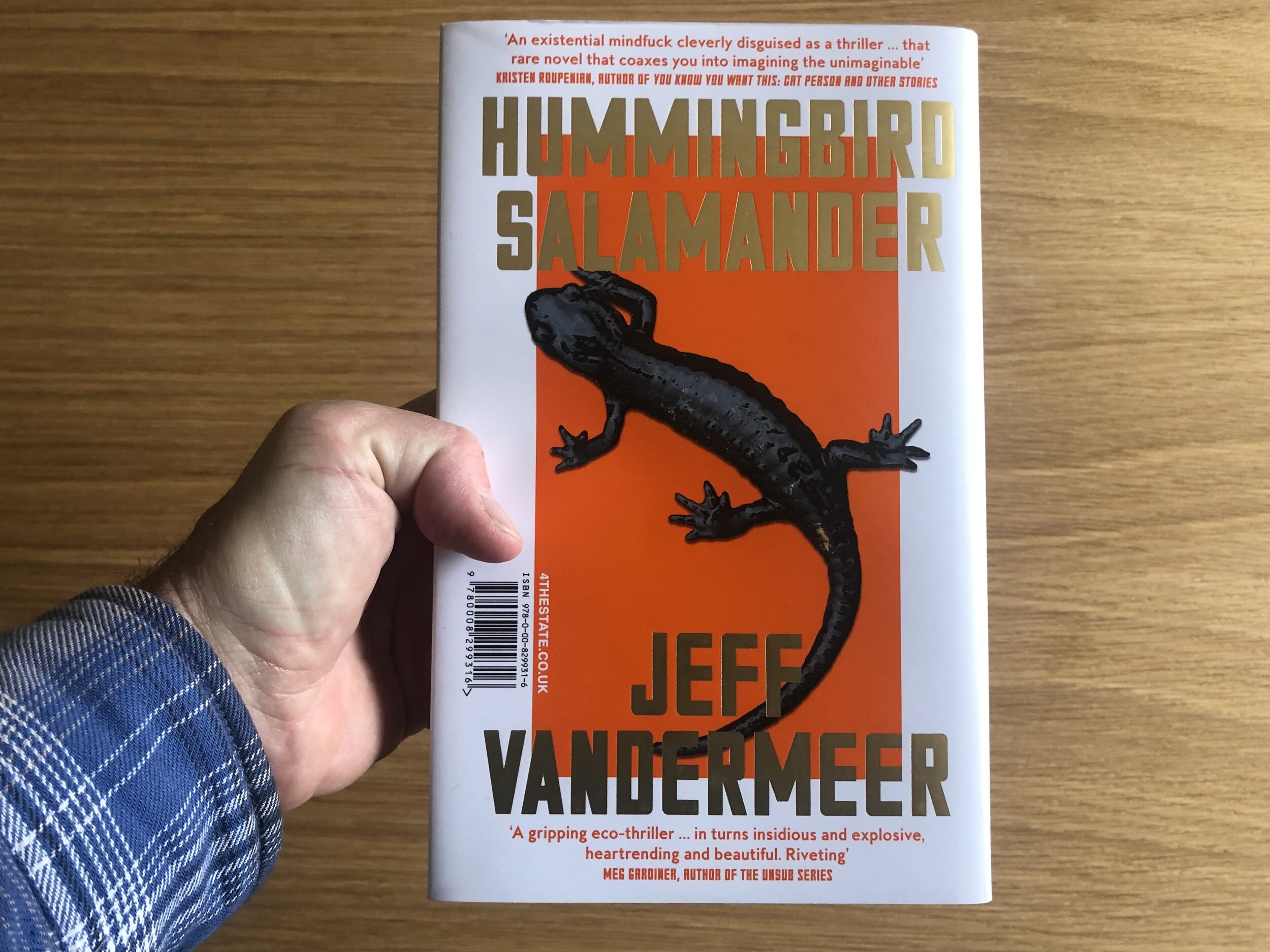Over the years, my fascination towards such cases of interactions between machine and "living beings" have slowly changed. What was at first an interest towards the objectification of non-humans led me to a more thorough questioning of the classic nature/culture divide, and the current ecological crisis.
Perhaps it's my old interest in biology (having a bachelor’s degree in Life Science certainly played a role), perhaps it's Donna Haraway's latest book about the Anthropocene that got me back to such matter. Using da Costa's example – among other cases – she discusses the need for “Science art worlding for living on a damaged planet”. I understand this mysterious phrase as a call for investigating and crafting, through art and art/science collaboration, stories to "stay with the trouble" of living in an environment of global warming, pollution, and species extinction. Why stories? She basically describes the following reasons:
"Each time a story helps me remember what I thought I knew, or introduces me to new knowledge, a muscle critical for caring about flourishing gets some aerobic exercise. Such exercise enhances collective thinking and movement in complexity. Each time I trace a tangle and add a few threads that at first seemed whimsical but turned out to be essential to the fabric, I get a bit straighter that staying with the trouble of complex worlding is the name of the game of living and dying well together on terra, in Terrapolis." (Haraway, 2016, p.29)
"Ursula Le Guin taught me the carrier bag theory of storytelling and of natural-cultural history. Her theories, her stories, are capacious bags for collecting, carrying, and telling the stuff of living. (...) Nonetheless, no adventurer should leave home without a sack." (Haraway, 2016, p. 41-42)
"As Jim Clifford taught me, we need stories (and theories) that are just big enough to gather up the complexities and keep the edges open and greedy for surprising new and old connections." (Haraway, 2016, p.101)
The different projects she discusses in the third chapter of her book can be seen as stories that try to achieve such goals. They reveal how artists, designers and scientists explore (a) the fact that the big divide between nature and culture (or technology) is problematic... (b) that their work – and their ways of doing things – can overcome such opposition, and (c) eventually reveal new imaginaries of a future in the making. New visions of the future that maybe offer a sort of counter-narrative to the discours around "progress" and "innovation" that we always hear about these days.
Reading about the projects presented by Haraway in her book, one also realizes that they can be both gloomy and hopeful, reconfiguring despair and hope in a strange way. In some sense, they reminded me of Timothy Morton's notion of "Dark Ecology":
"What is dark ecology? It is ecological awareness, dark-depressing. Yet ecological awareness is also dark-uncanny. And strangely it is dark-sweet. Nihilism is always number one in the charts these days. We usually don’t get past the first darkness, and that’s if we even care. What thinks dark ecology? Ecognosis, a riddle. Ecognosis is like knowing, but more like letting-be-known. It is something like coexisting. It is like becoming accustomed to something strange, yet it is also becoming accustomed to strangeness that doesn’t become less strange through acclimation." (Morton, 2016, p. 5)
With this theoretical background in mind, I started to revisit my lists and notes about similar projects... and decided it would be relevant to find a way to map such territories.
The very fact that it's all about animals, and sometimes plants, fungi and geological elements mixed with technological/synthetic matter reminded me of bestiaries of the Middle Ages. Those descriptive treatise on various kinds of animals have always been interesting to me because of their sort of pre-naturalistic character. The "beasts" were described with lots of anecdotes (often presented with a moralizing tone) and a wide-range of material (drawings, notes, dimensions, weird remarks). Comparing the material I compiled (spreadsheets and textfiles full of links and notes... the kind of things one collect of a computer in the 21st Century) and old bestiaries, I found it would be a relevant metaphor to present the material. Besides that, I may also been influenced by Borges' book of imaginary beings and Claude Maillard-Chary's book about the Surrealists' menagerie.
Another interesting aspect of bestiaries lays in the fact that they are never complete and exhaustive. The very idea of a bestiary corresponds to the fact that it should be updated over time... with the help of others.
So? I'm currently building this bestiary of hybrid creatures of the Anthropocene. So far, as I said, it's mostly computer files and handwritten notes in my sketchpad. It's quite diverse at this point, with quite different entries: geological material, new media art projects, speculative design cases, or engineering prototypes. It's an ongoing occupation and it would be great to get some suggestion. The fact that Nicolas Maigret and Maria Roszkowska asked me to participate in their "Futurs non-conformes #3" (NONCOMPLIANT FUTURES) exhibit at Musée du Jeu de Paume in Paris certainly helped me to frame the project and I have to thank them for that.





